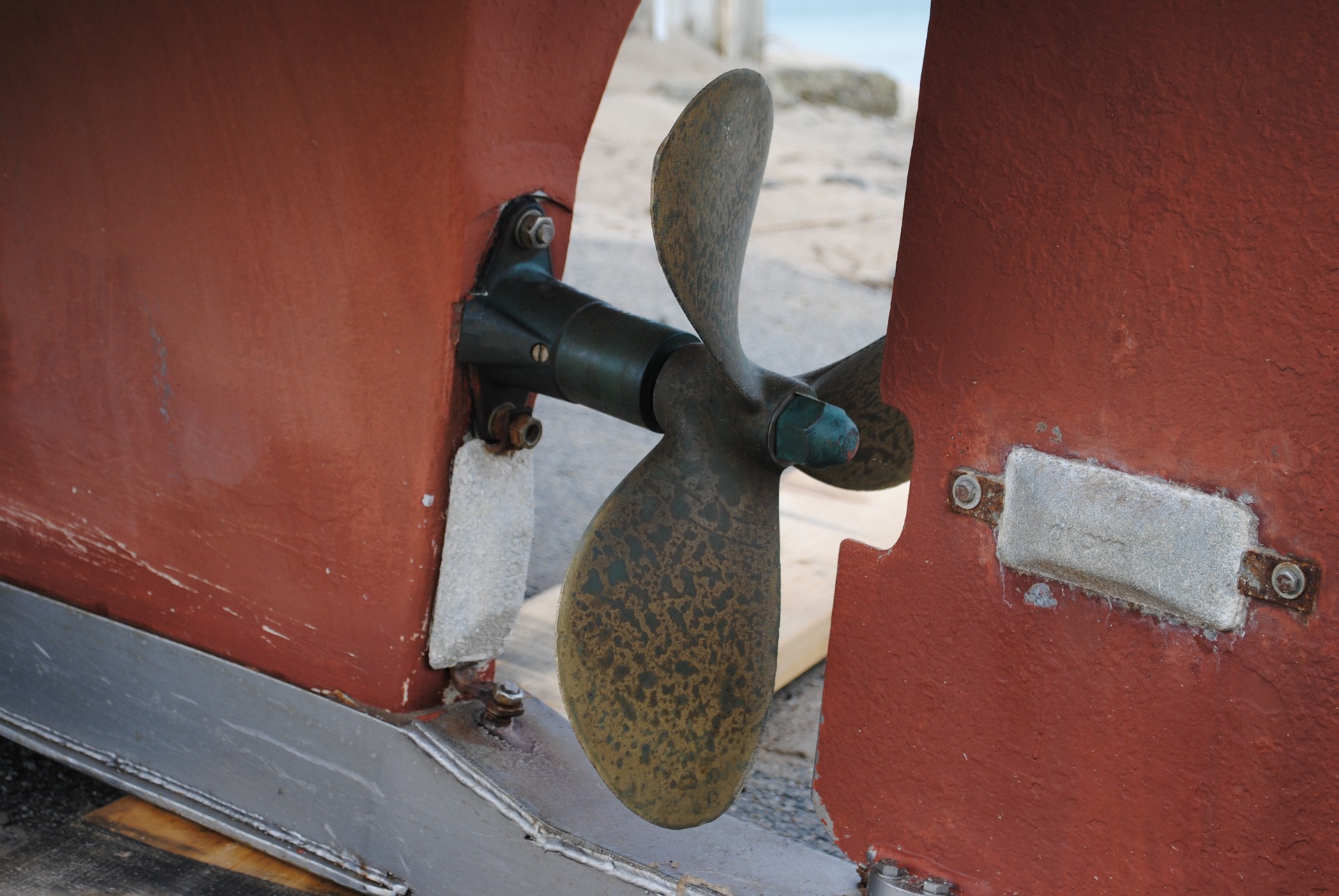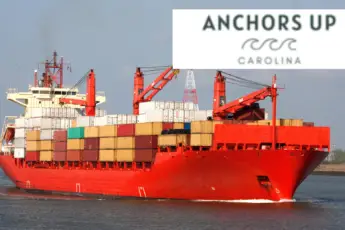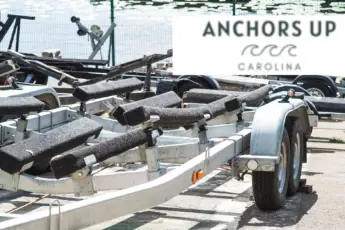Unfortunately, boats are subject to underwater electrical currents, which cause damage to vessels and motors. While the flow of electricity is so minimal that it does not present danger to human life, it causes extensive damage and costly repairs when preventative measures are not taken. Zincs, otherwise known as anodes, are installed to bear the brunt of the electricity preventing damage to critical components. Zincs or anodes are required in fresh and saltwater through Georgia, South Carolina, and North Carolina. Here is what to know about boat zincs.
Do I Need Zincs On My Boat
Yes, you need zincs on your boat to protect electrical currents from damaging key components. Without zincs, the metal structures, including the lower units of outboards, rudders, thru hulls, propellers, and more, would deteriorate at a rapid rate without zincs or anodes.
The zincs bear the brunt of the electrical currents by absorbing the energy and preventing it from reaching the metals making up the structure of the watercraft.
Consider this, damage from electrical currents becomes so severe that the damage causes the vessel to sink. Thru hulls or metal ringed openings on the hull pull water from the outside of the boat to the inside for air conditioning or engine cooling rot. The rotting allows water to enter spaces outside the hose infiltrating the bilge and sinking the watercraft.
What Do Hull Zincs Do
Hull zincs or anodes are the same as anodes or zincs positioned in other locations like the motor or rudders.
When compared to motor zincs, the purpose of hull zincs is to protect against galvanic corrosion of thru hulls, engine shafts, and more. Hull zincs are equally as crucial as outboard motor zincs. Never ignore zincs or anodes that are becoming worn away. Routine inspection and replacement are a necessity.
Can You Put Too Many Zincs On A Boat
Adding extra anodes or zincs on a fiberglass boat is unlikely to cause detrimental effects to fiberglass vessels. On the contrary, too many zincs installed on aluminum and wood boats cause rotting and paint damage.
When the boat is manufactured, the vessel is designed to resist galvanic corrosion as the required number of anodes are installed during construction. Keep in mind it is not uncommon for inboard engines to be fitted with zincs. The zincs protect the metal contained within the engine from corrosion.
What Is Electrolysis
Electrolysis is the reason that anodes or zincs are installed on vessels. The cause of electrolysis is the passing of electrical currents beneath the water’s surface between dissimilar metals. Passing electrical currents causes one metal to deteriorate or, in other words, corrode while the other collects metal.
The purpose of the anode or zinc is to protect the metals that are fundamental in the vessel’s design, including hulls, rudders, outboard motors, and more.
How Long Do Boat Zincs Last
The intervals in which zincs require replacement is based on where the watercraft is stored. When docked at a marina, anodes wear at a more rapid rate when compared to those on a trailer.
Visual inspection is key to determining when an anode or zinc requires replacing. Never go beyond six months without inspecting the anodes installed onboard the vessel.
Inspection is complete by hauling boats docked at marinas, requesting divers scraping accumulating boat hull barnacles from saltwater stored vessels to report findings or the most straightforward on the trailer or dry rack.
When the anodes have decreased to half the original size, they require replacement.
How Do You Change Zincs On A Boat
The replacement of zincs and anodes is a straightforward and low-cost process. Locate all boat and motor anodes and purchase replacements before removing the existing zincs.
The most cost-effective method is to complete the replacement at home or on a marina dry rack. However, never hesitate to deliver the boat to a service center or request the marina mechanic to complete the replacement.
Collect the tools required, which include a socket wrench or screwdriver. Back the nuts or screws connecting the zincs to the vessel, pull the old anode free, slide the new zincs into position, and replace the screws or nuts.
Now You Know About Boat Zincs
What is most crucial is never ignore deteriorating boat zincs, otherwise called anodes. Zincs are inexpensive, but the damage caused by deteriorated anodes to premium metals results in costly but avoidable repairs. Check out the selection of anodes available at West Marine. The zincs are highly visible and easy to replace for fresh and saltwater boaters in Georgia, South Carolina, and North Carolina.







